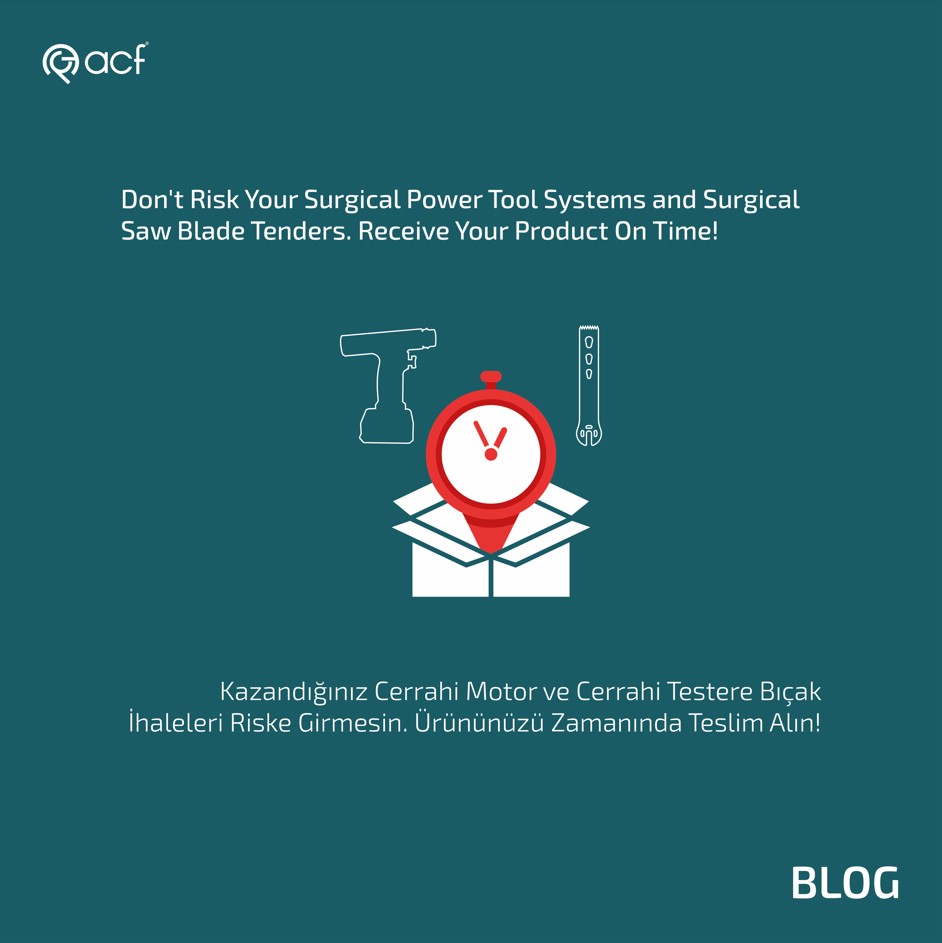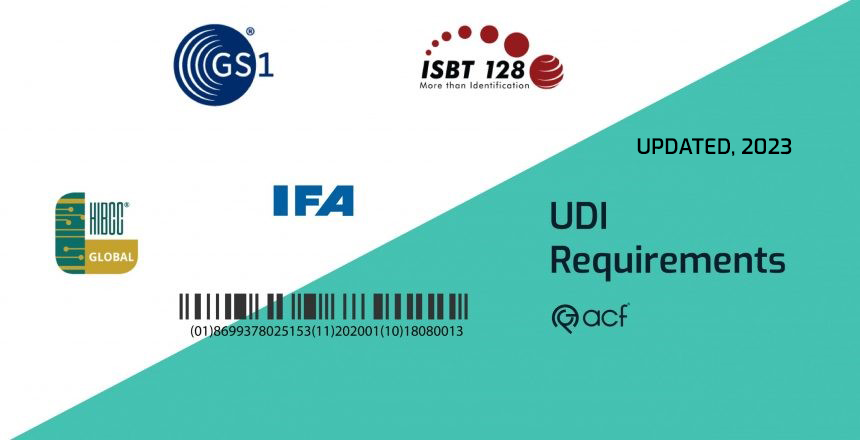
Don’t Risk Your Surgical Power Tool Systems and Surgical Saw Blade Tenders. Receive Your Product On Time!
Don’t Risk Your Surgical Power Tool Systems and Surgical Saw Blade Tenders. Receive Your Product On Time! Tendering processes are extremely sensitive and important, especially



















